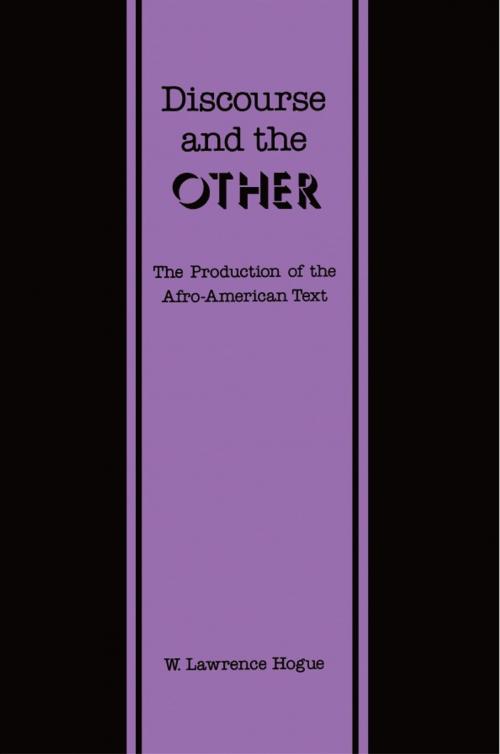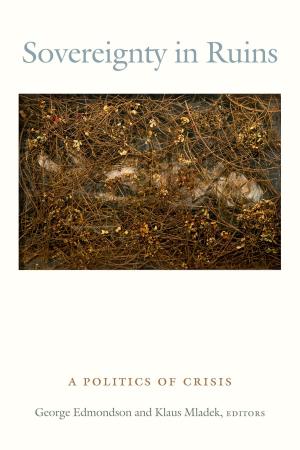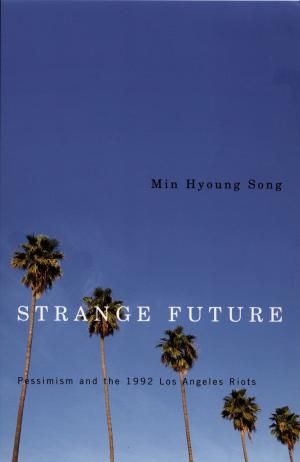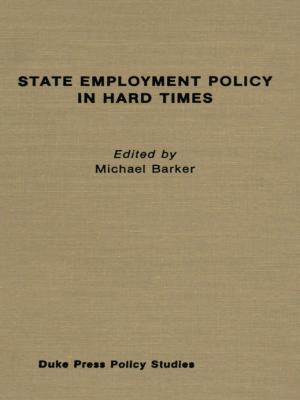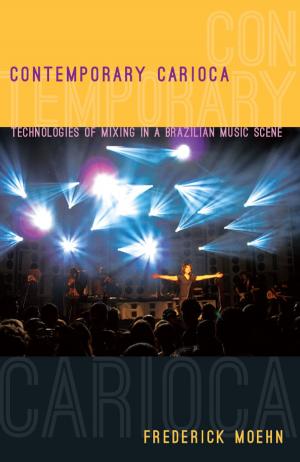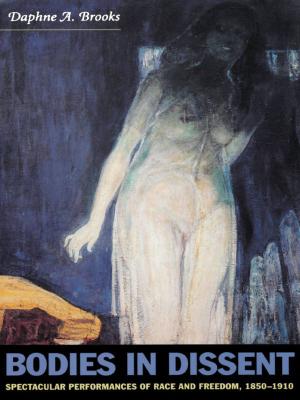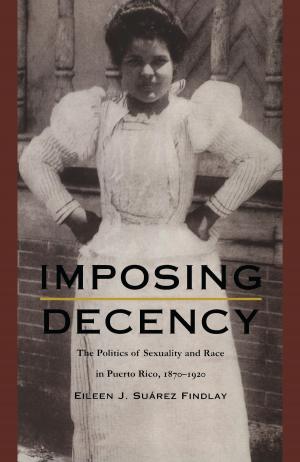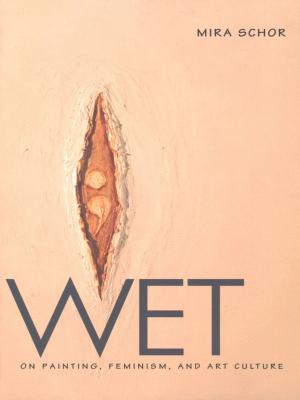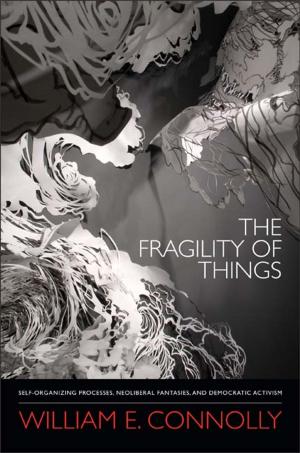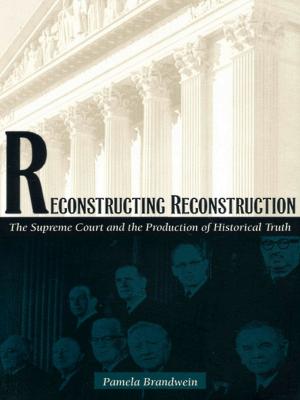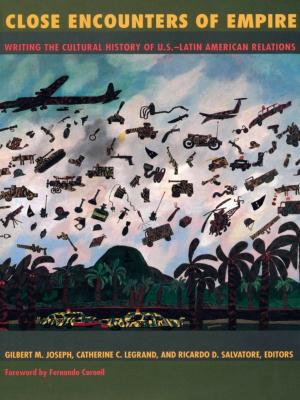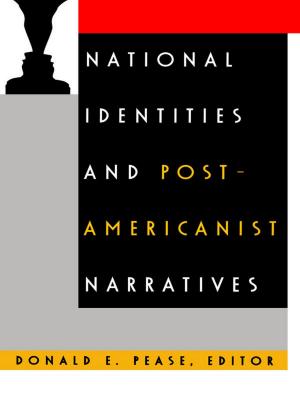Discourse and the Other
The Production of the Afro-American Text
Fiction & Literature, Literary Theory & Criticism, American| Author: | W. Lawrence Hogue | ISBN: | 9780822382898 |
| Publisher: | Duke University Press | Publication: | November 25, 1986 |
| Imprint: | Duke University Press Books | Language: | English |
| Author: | W. Lawrence Hogue |
| ISBN: | 9780822382898 |
| Publisher: | Duke University Press |
| Publication: | November 25, 1986 |
| Imprint: | Duke University Press Books |
| Language: | English |
The central thesis of Lawrence Hogue's book is that criticism of Afro-American literature has left out of account the way in which ideological pressures dictate the canon. This fresh approach to the study of the social, ideological, and political dynamics of the Afro-American literary text in the twentieth century, based on the Foucauldian concept of literature as social institution, examines the universalization that power effects, how literary texts are appropriated to meet ideological concerns and needs, and the continued oppression of dissenting voices.
Hogue presents an illuminating discussion of the publication and review history of "major" and neglected texts. He illustrates the acceptance of texts as exotica, as sociological documents, or as carriers of sufficient literary conventions to receive approbation. Although the sixties movement allowed the text to move to the periphery of the dominant ideology, providing some new myths about the Afro-American historical past, this marginal position was subsequently sabotaged, co-opted, or appropriated (Afros became a fad; presidents gave the soul handshake; the hip-talking black was dressing one style and talking another.)
This study includes extended discussion of four works; Ernest J. Gaines's The Autobiography of Miss Jane Pittman, Alice Walker's The Third Life of Grange Copeland, Albert Murray's Train Whistle Guitar, and Toni Morrison's Sula. Hogue assesses the informing worldviews of each and the extent and nature of their acceptance by the dominant American cultural apparatus.
The central thesis of Lawrence Hogue's book is that criticism of Afro-American literature has left out of account the way in which ideological pressures dictate the canon. This fresh approach to the study of the social, ideological, and political dynamics of the Afro-American literary text in the twentieth century, based on the Foucauldian concept of literature as social institution, examines the universalization that power effects, how literary texts are appropriated to meet ideological concerns and needs, and the continued oppression of dissenting voices.
Hogue presents an illuminating discussion of the publication and review history of "major" and neglected texts. He illustrates the acceptance of texts as exotica, as sociological documents, or as carriers of sufficient literary conventions to receive approbation. Although the sixties movement allowed the text to move to the periphery of the dominant ideology, providing some new myths about the Afro-American historical past, this marginal position was subsequently sabotaged, co-opted, or appropriated (Afros became a fad; presidents gave the soul handshake; the hip-talking black was dressing one style and talking another.)
This study includes extended discussion of four works; Ernest J. Gaines's The Autobiography of Miss Jane Pittman, Alice Walker's The Third Life of Grange Copeland, Albert Murray's Train Whistle Guitar, and Toni Morrison's Sula. Hogue assesses the informing worldviews of each and the extent and nature of their acceptance by the dominant American cultural apparatus.
